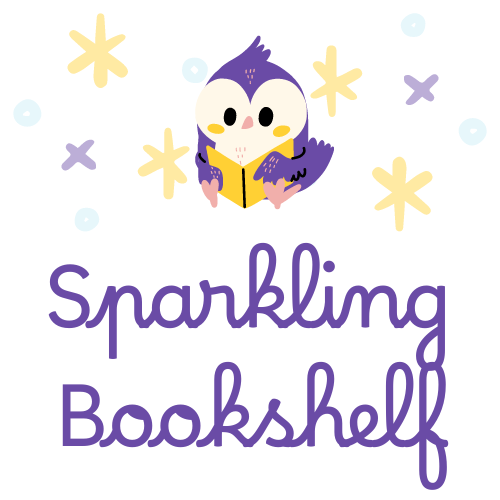
How Different Types of Books Can Boost Your Baby’s Cognitive Development
Reading is a powerful tool for fostering cognitive growth in babies. Early exposure to books enhances language skills, memory, and problem-solving abilities. Various book types—such as board books, pop-up books, and sound books—offer unique benefits that contribute to a child’s mental development. Understanding how each format supports learning can help parents choose the best reading materials for their little ones.
Why Reading Matters for Babies
Reading books to children from an early age plays a key role in their intellectual and emotional growth. Engaging with baby stories introduces new vocabulary, strengthens focus, and nurtures imagination. Studies suggest that children who develop a reading habit early tend to excel in communication and cognitive skills later in life.
Types of Books and Their Cognitive Benefits
1. Board Books: Enhancing Early Literacy and Motor Skills
Board books are durable and easy for small hands to grasp. They introduce basic concepts such as numbers, colors, and everyday objects, helping babies build language skills while developing motor coordination.
Cognitive Benefits:
- Strengthens early language skills
- Supports hand-eye coordination
- Reinforces learning through repetition
2. Pop-Up Books: Sparking Curiosity and Problem-Solving
With interactive elements that lift and move, pop-up books provide an engaging way for babies to explore storytelling. The surprise factor enhances focus and encourages cognitive engagement.
Cognitive Benefits:
- Improves spatial awareness
- Encourages problem-solving
- Stimulates curiosity and exploration
3. Picture Storybooks: Developing Imagination and Emotional Awareness
Storybooks with colourful illustrations help children connect words with visuals, strengthening comprehension. They also depict emotions and social situations, fostering empathy and emotional intelligence.
Cognitive Benefits:
- Enhances storytelling abilities
- Builds emotional understanding
- Encourages creative thinking
4. Sound Books: Boosting Auditory and Language Development
Books with sounds expose babies to new words, melodies, and rhythms. These help with sound recognition and strengthen auditory processing skills.
Cognitive Benefits:
- Improves listening skills
- Supports early speech development
- Enhances memory retention
5. Touch-and-Feel Books: Stimulating Sensory Learning
Featuring different textures, these books create a hands-on learning experience that enhances sensory perception and cognitive connections.
Cognitive Benefits:
- Supports sensory processing skills
- Strengthens neural connections
- Encourages exploration through touch
Making Reading a Meaningful Experience
- Establish a Reading Routine: Consistency helps reinforce learning habits.
- Encourage Interaction: Ask questions and involve your child in the story.
- Use Expressive Voices: Changing tones makes reading more engaging and fun.
- Let Babies Explore: Allow them to touch and turn pages to develop motor skills.
Conclusion
Reading introduces babies to a world of learning and discovery. By selecting a variety of books, parents can support cognitive, language, and emotional growth in their child’s early years.
Looking for the best toddler books and baby stories? Explore our recommendations for child reading books that make learning engaging and fun. Share your favourite picks in the comments!
